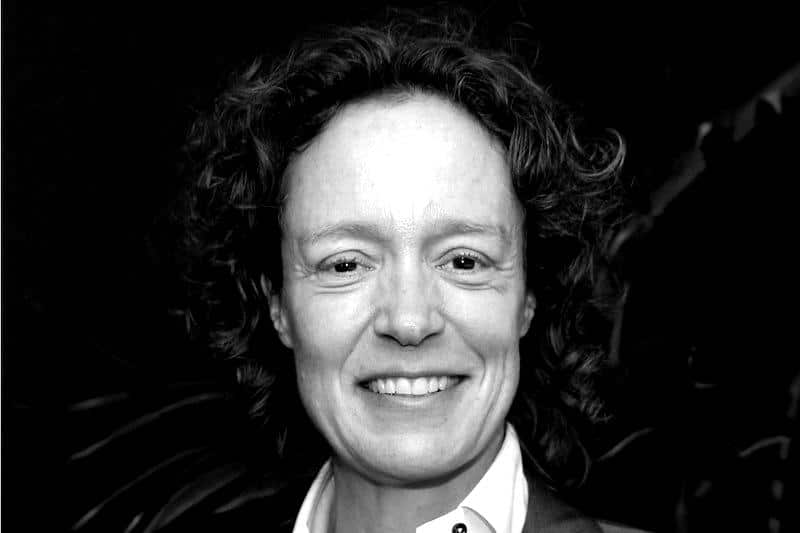IMPACT STUDY
The Green Capital Study
The consortium of scientists whose earlier study on Climate Change was presented during the Paris 2015 Climate Agreement, have now completed the Impact Study for BJF’s restoration tasks for the Araguaia Biodiversity Corridor.
The consortium of scientists whose earlier work about Climate Change was presented during the Paris 2015 Climate Agreement will also execute the Green Capital Study for BJF’s reforestation tasks for the Araguaia Biodiversity Corridor.
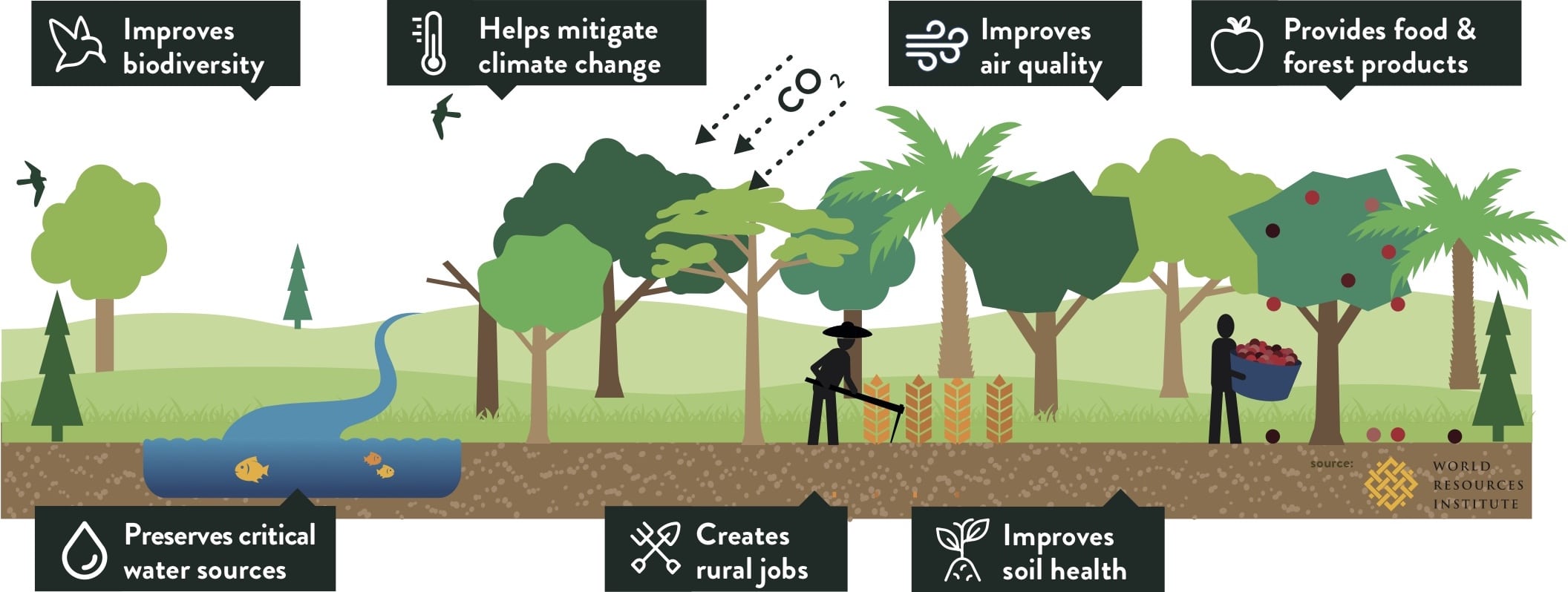
Research of ecological
and economical benefits
The Green Capital study will scientifically fact-check all benefits of re-greening the Araguaia Biodiversity Corridor, for Brazil and the planet as a whole. The BJF expects that the wide array of benefits will largely overcome the costs. It will identify how many times the return on investment (ROI) for this project is positive. For example it will investigate the project’s impact on factors such as climate change and the economic value for the farmers and communities throughout the Corridor Zone.
The study is lead by distinguished professors from the University of São Paulo (Brazil) and the University of Illinois (USA) and their Research Teams. Coordination of the study is carried out by BJF’s core team members Joël Boele and Marina Tavares. This grand scientific mission started in January 2019 and is expected to be completed in the beginning of 2020. The results study will then be internationally disclosed.
BJF’s Cost- Benefit study has also been awarded a Research Award Grant from the Lemann Institute.
Global Advisory Board Members
A global Advisory Board, chaired by Bianca Nijhof, consisting of highly renowned individuals in the fields such as landscape management, green finance and corporate sustainability will support the Research teams with recommendations and secure the research process.
A global Advisory Board, chaired by Bianca Nijhof, consisting of highly renowned individuals in the fields such as landscape management, green finance and corporate sustainability will support the Research teams with recommendations.
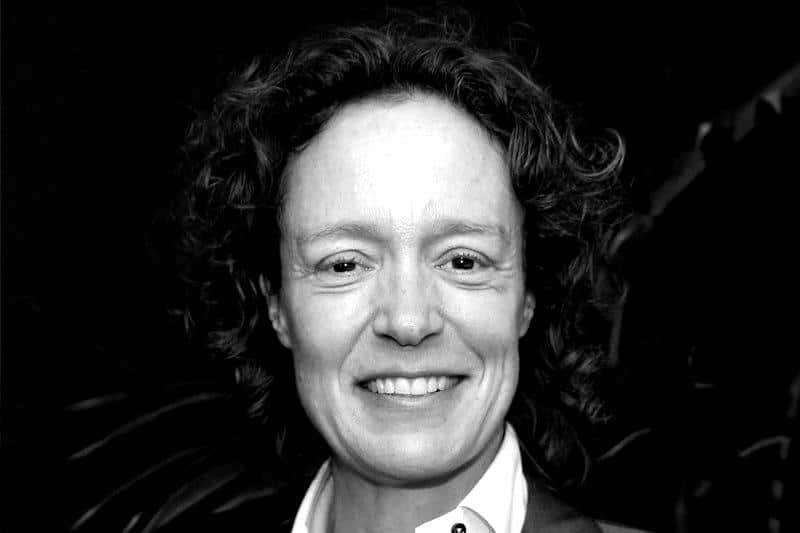
Bianca Nijhof
(untill 2023) Managing Director
Netherlands Water Partnership

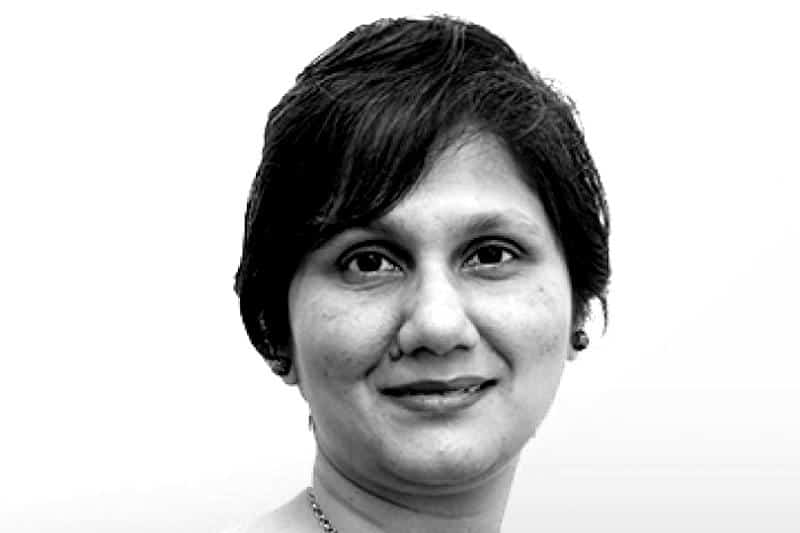
Namita Vikas
Group President & Global Head
Climate Strategy & Responsible Banking
Yes Bank


Helen Ding
Senior Environmental Economist
World Resources Institute

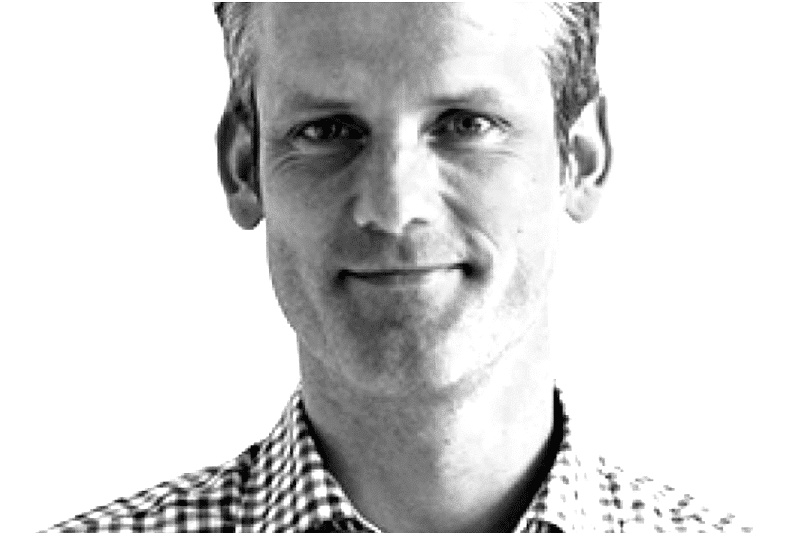
Jan Willem den Besten
Senior expert Green Finance
IUCN Netherlands

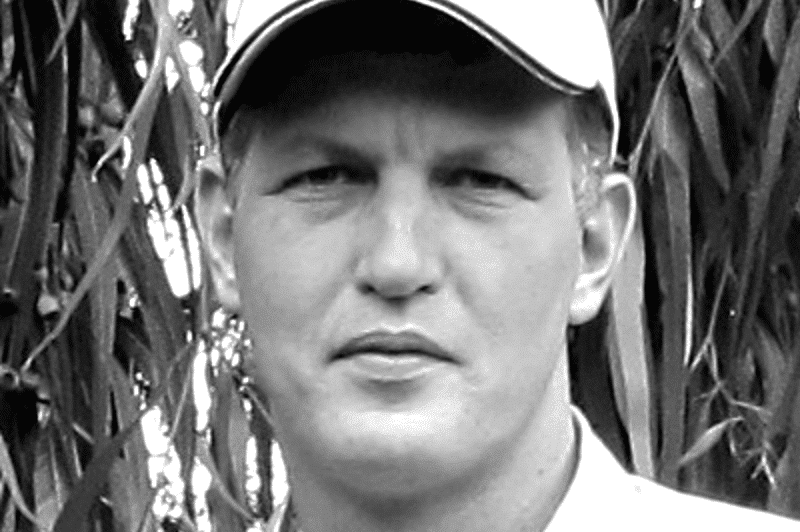
Dr. Jörn Germer
Project Manager Agroecology
University of Hohenheim Germany


Jan Willem den Besten
IUCN Netherlands


Dr. Jörn Germer
University of Hohenheim Germany

Research Leaders
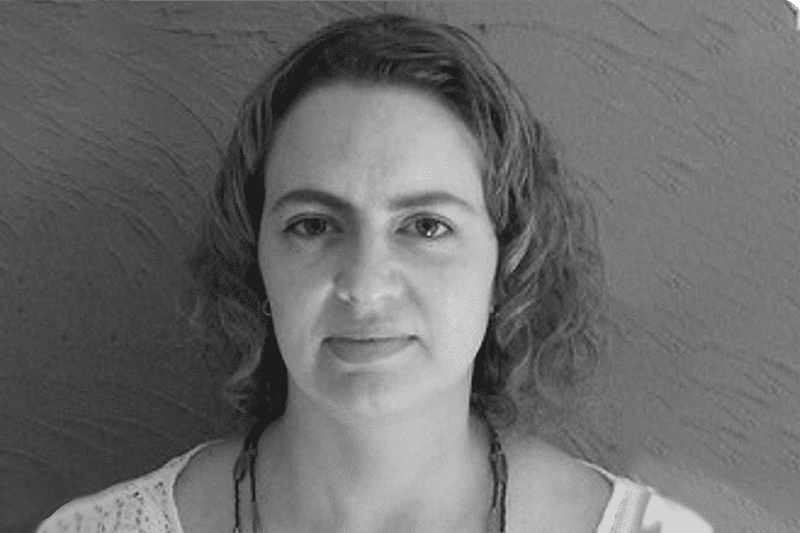
Andrea Lucchesi
Professor at University
of São Paulo
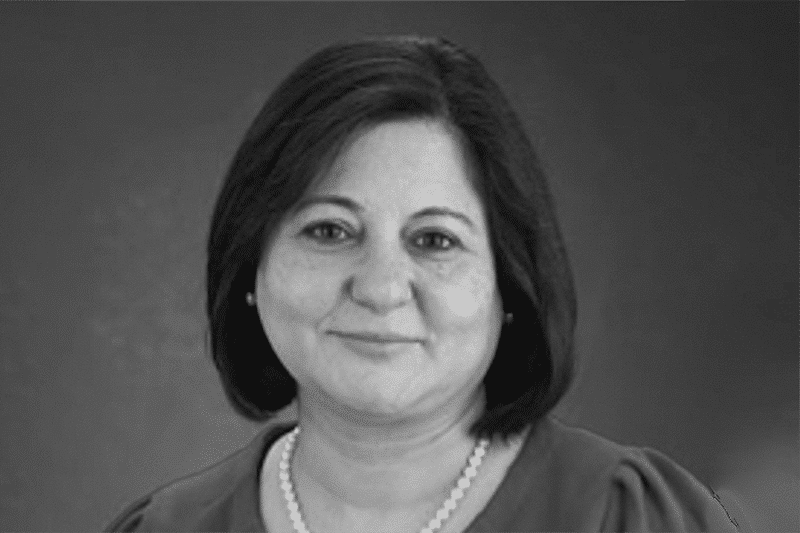
Maddhu Khanna
Professor at University
of Illinois Urbana-Champaign


Andrea Lucchesi
Professor at University of São Paulo
USEP

Maddhu Khanna
Professor at University of
Illinois Urbana-Champaign

Researchers
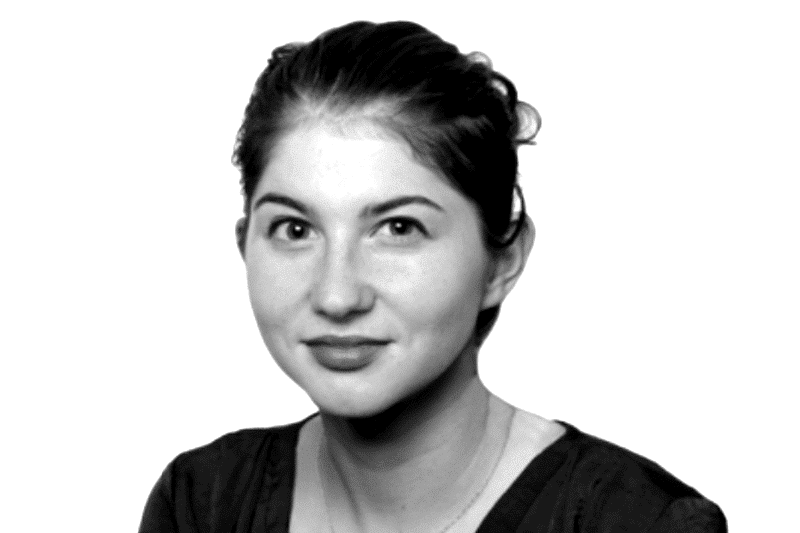
Tess Lallemant
Master student University
of Illinois Urbana-Champaign

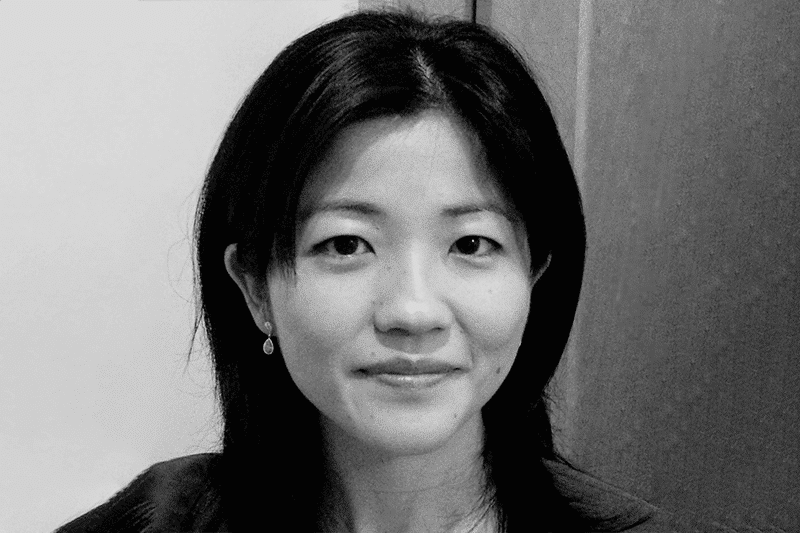
Keyi Ussami
PhD Candidate at University
of São Paulo
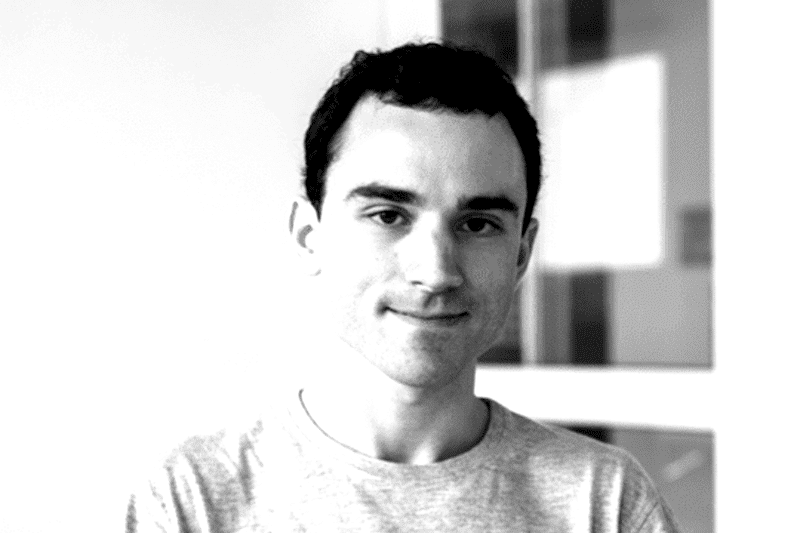
Victor Dornelas
Researcher at Fundação
Getulio Vargas

Tess Lallemant
Master student University
of Illinois Urbana-Champaign

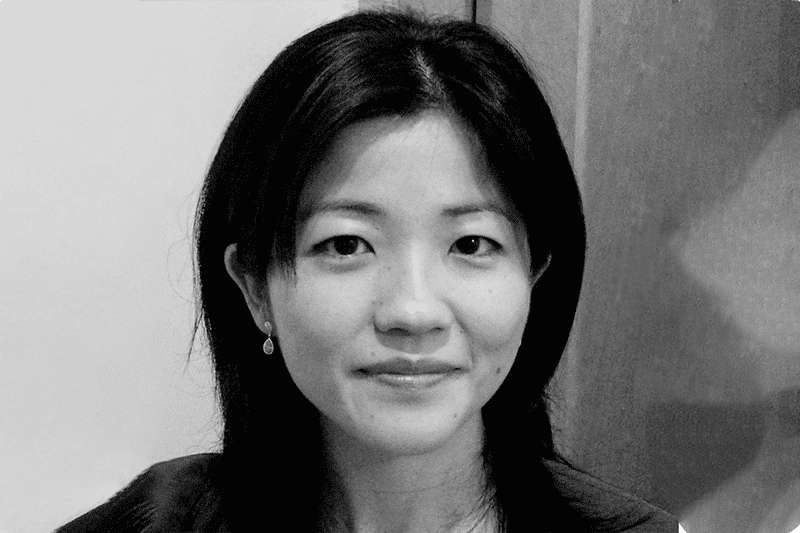
Keyi Ussami
PhD Candidate at University
of São Paulo

Victor Dornelas
Researcher at Fundação
Getulio Vargas
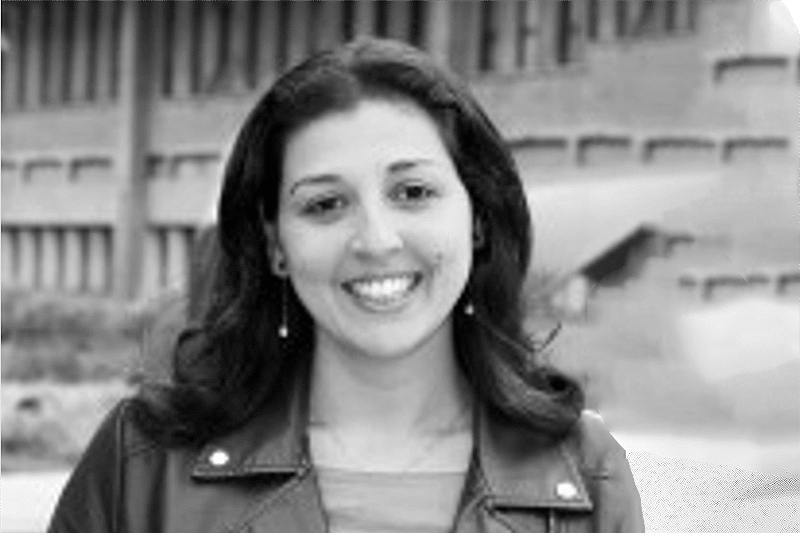
Paula Pereda
Professor at University
of São Paulo
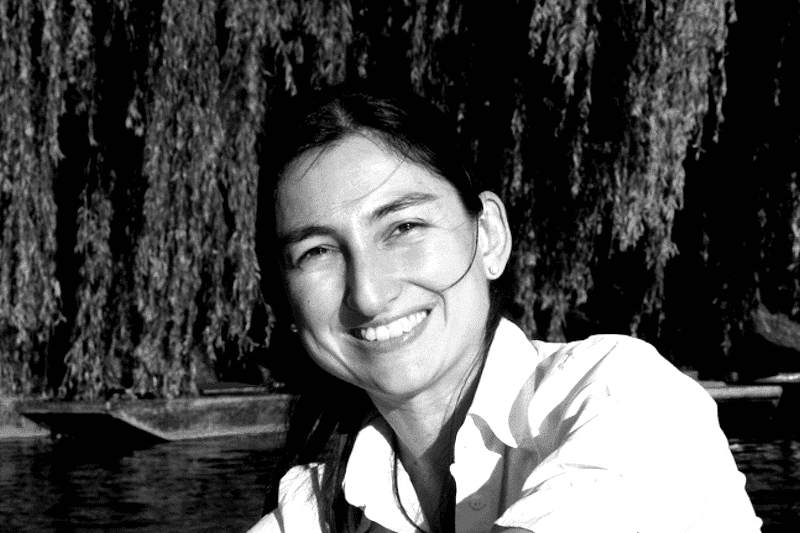
Patricia Ruggiero
PhD University
of São Paulo
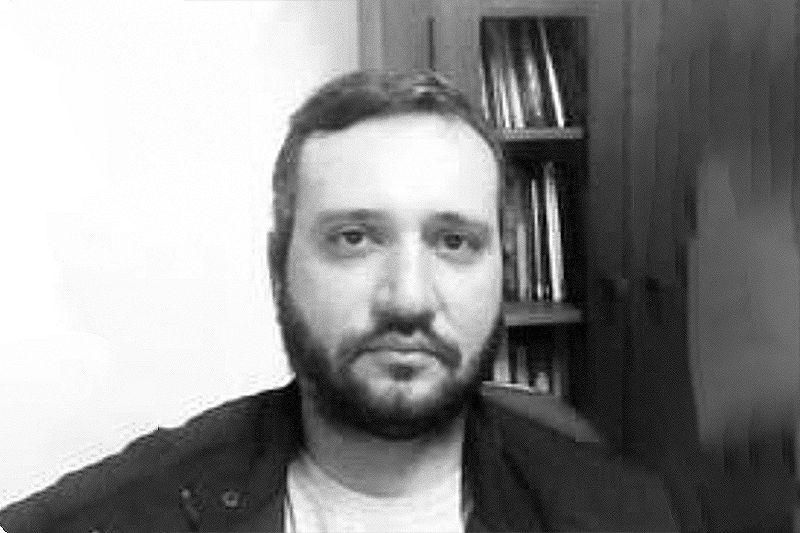
Eduardo Gusson
Forestry Consultant
at Biodendro

Paula Pereda
Professor at University
of São Paulo

Patricia Ruggiero
PhD University
of São Paulo

Eduardo Gusson
Forestry Consultant
at Biodendro
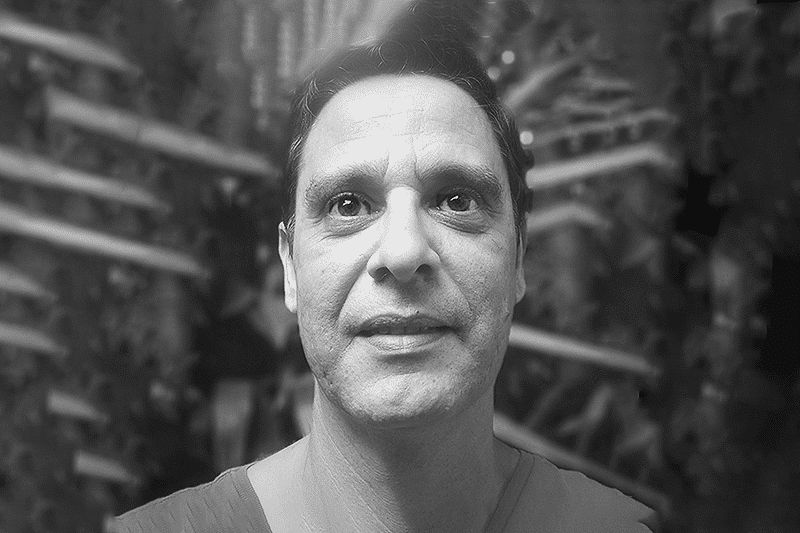
Girlei Costa da Cunha
Forestry Consultant
at Biodendro
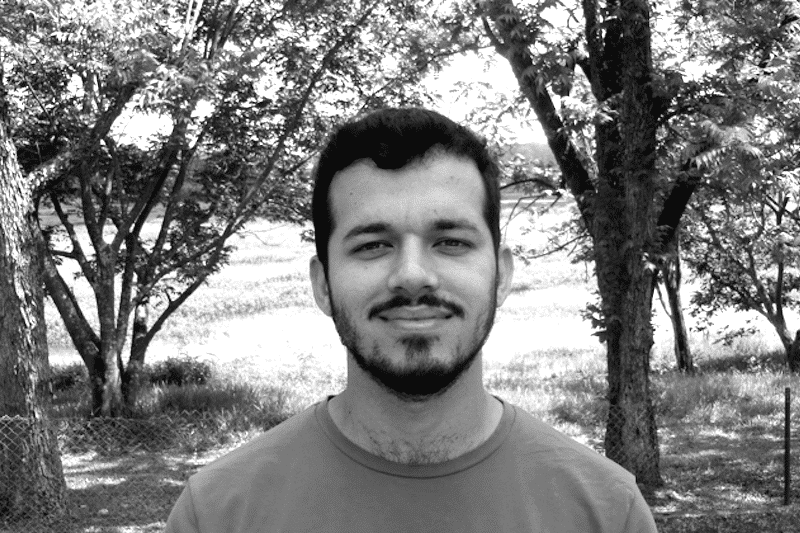
Frederico Tomas de Souza e Miranda
Forestry Consultant
at Biodendro

Girlei Costa da Cunha
Forestry Consultant
at Biodendro

Frederico Tomas de Souza e Miranda
Forestry Consultant
at Biodendro

